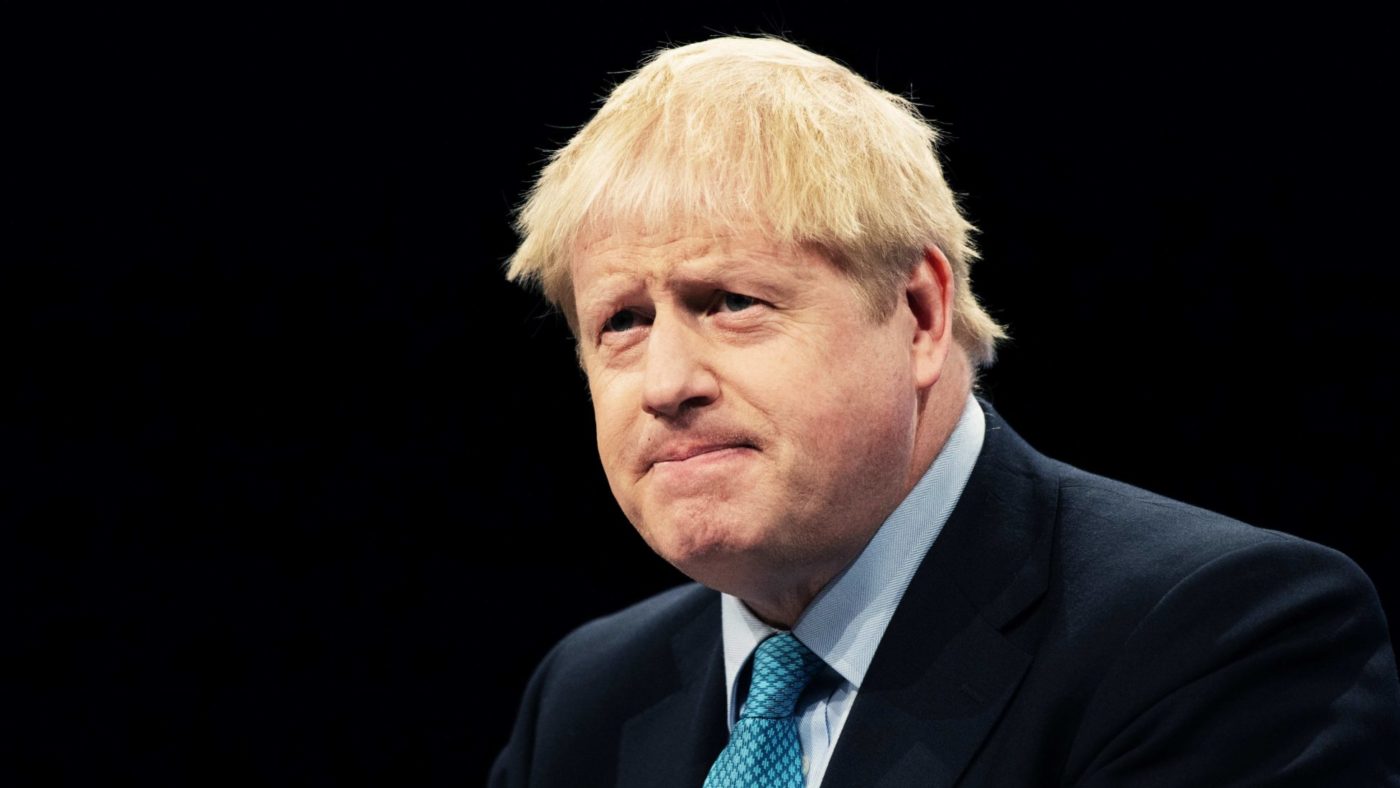On the surface, Prime Minister Boris Johnson’s election gamble makes a lot of sense. He leads Labour by ten percentage points, or even a little more, in the polls. Jeremy Corbyn is on some measures the most unpopular party leader the UK has ever known. The main anti-Brexit pressure group, the People’s Vote campaign, is busy collapsing into civil war – perhaps limiting the capacity of pro-Europeans to organise tactical voting against Johnson’s Conservative Party. But as so often in the past, a Prime Minister rushing to the polls might be forced to repent at leisure.
Consider the fate of two other Conservative leaders who have put the voters through early elections in the dead of winter. Stanley Baldwin wanted a mandate to raise tariffs and protect British industry in December 1923; Ted Heath wanted to wrest the initiative away from his trade union foes in February 1974. Both started with high hopes of a fresh start. They both lost to minority Labour governments who were happy (for a while, at least) to rely on smaller parties in the House of Commons.
The fatal mistake both Baldwin and Heath made was to see their divided opponents as somehow there for the taking, and the electorate as likely to reward a dynamic leader willing to take on unpopular politicians – when in fact the voters are just as likely to look on a desperate, ragged Government and Prime Minister with pity, before passing the baton on to someone else.
Johnson has taken a huge gamble, asking people to vote in the cold, dark days of early December: he is the unpopular leader of an unpopular government: indeed, net scores of -18 and -67 are the worst on record for a new leader and government at this stage. After nearly a decade of public sector austerity and stagnant wages, Johnson is asking the people to give the Conservatives another go. He is asking for a lot.
There are several other reasons to question the prevailing wisdom that he will make it back to No. 10 with a majority big enough to carry his Brexit deal through without further alarm. The first thing to make clear is that the electorate for a General Election is not the same as the Brexit electorate: June 2016’s Leave vote relied to some extent on very marginal voters who may well not make it back to the polls again (or, if they do, will vote for Nigel Farage’s Brexit Party). If Remain voters decide again to coalesce around Labour as their least-worst option – and there is a lot of evidence that they did just that in 2017 – the Government will be in trouble.
The Conservatives are faced with a three-pronged pincer movement that may see Leave cornered by the reinvigorated ranks of Remainers. They will almost certainly lose seats to the Scottish National Party in Scotland, and they are very likely indeed to lose wealthy, culturally liberal and very pro-Remain seats in the South of England to the resurgent Liberal Democrats. Let’s assume, very roughly but credibly, that they lose seven or eight of their Scottish MPs. And then another thirteen or so fall to the Liberal Democrats. That’s twenty – or a few more – losses before the Conservatives have even made a start.
If he is to reach a bare absolute majority Johnson then has to make up all of those, and then win ten more seats, from Labour. Granted, Labour are wallowing low in the polls at the moment, but this seems like a huge ask. It means winning a seat such as Reading East – a constituency that Labour won from the Conservatives last time, is experiencing rapid demographic change as younger and more liberal voters move out from London to take advantage of its rapid train link into the capital, and one where it’s estimated that more than 60% of the electors voted Remain in 2016.
Yes, there are lots of Labour seats containing many more Leave voters, and some of them – Dudley North, Barrow and Furness, Ashfield – might well fall to the Conservative advance in poorer, more blue-collar and traditionally Labour parts of the country. But are there enough of them, when Labour waverers will be coming home to the party, as very old and deep ties to the culture and idea of Labourism will stir, and as Labour and its more than 400,000 members begin to assert themselves on the electoral battlefield? That is a much more open question.
All in all, a December General Election is a huge risk for the Conservatives to take. If they lose, even to a coalition of smaller parties, Brexit itself becomes immediately much less likely – leaving them to rage in the wilderness about a cause that would probably then be lost for good. Perhaps more importantly, Jeremy Corbyn will be in No. 10, and an entirely new and much more radical Labour Party will have control of the executive functions of the state. The gamble might pay off. But the chances of it misfiring are much, much higher than most people suppose.
Click here to subscribe to our daily briefing – the best pieces from CapX and across the web.
CapX depends on the generosity of its readers. If you value what we do, please consider making a donation.


